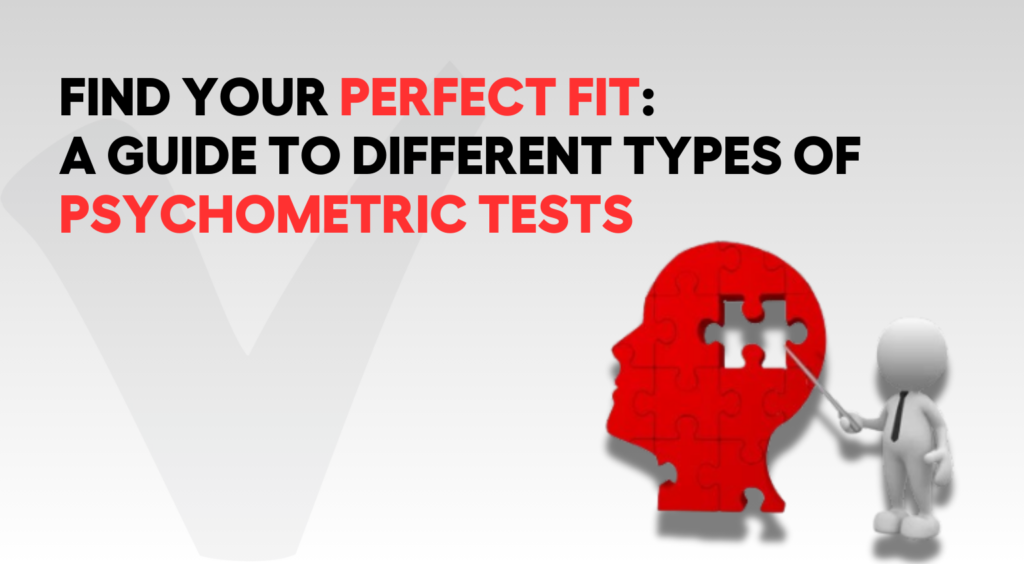
Psychometric tests offer a window into the complexities of human personality and ability. But with so many variations, it’s natural to wonder: which test is right for me? This blog will equip you with knowledge about the most common types of psychometric tests, helping you choose the one that best suits your needs.
These tests assess your cognitive abilities and potential for learning new skills. Common types include:
These delve into your personality traits, preferences, and motivations. Popular examples include:
These evaluate your ability to perceive, understand, and manage emotions – both your own and those of others. Common tests include:
The most suitable test depends on your goals. If you’re exploring career options, aptitude and personality tests can be helpful. For leadership roles or jobs requiring strong emotional connection, an emotional intelligence test might be beneficial.
Remember, psychometrics is a vast field. This blog provides a glimpse into the most common types of tests. Consulting with a career counselor or psychometric expert can help you choose the most appropriate test for your specific needs.
Need expert by your side while choose the best career for you? Take our Psychometric Test today and book free counselling with expert career counselors.